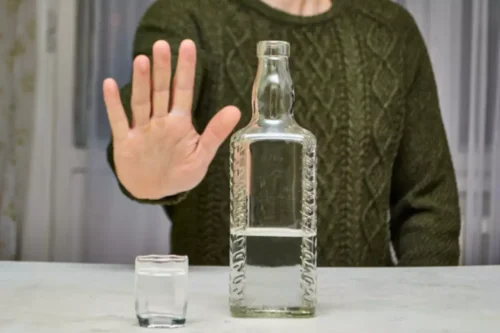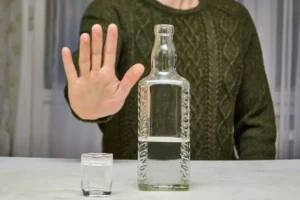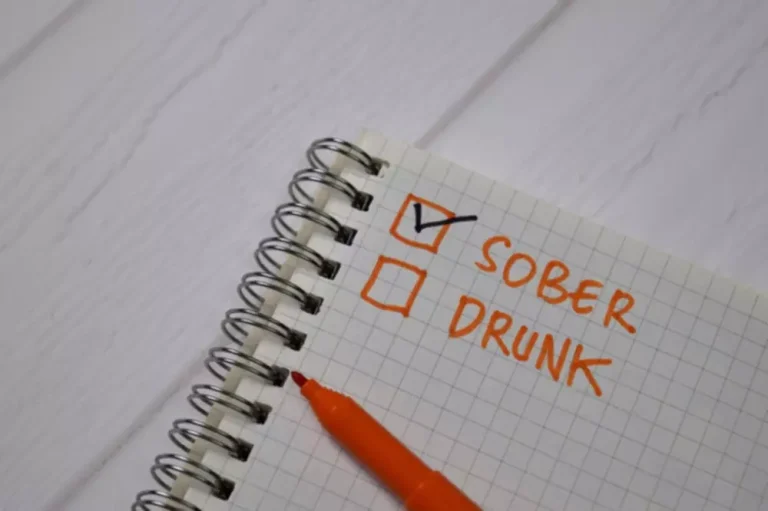What Happens When You Stop Drinking Timeline + Benefits

They say not all heroes wear capes––and no place is that more true than when it comes to your immune system. This unassuming defender acts in the background of your body, taking care of potential issues before they get out of hand and often going unnoticed until something goes dramatically wrong, but it plays such a key role in keeping you well. Drinking may seem like a way to calm drinking lowers immune system life’s storms, but it often adds more weight to the burdens we’re trying to lighten.
- Lastly, NK cells are abundant in the liver (Gao et al. 2009) and recognize cells that have low levels of a protein called class I major histocompatibility complex (MHC) on their surface.
- After you stop drinking for a month, your liver fat may be reduced by up to 20%, significantly reducing your risk of cirrhosis of the liver or fatty liver disease.
- Opsonization is a process by which a pathogen or other antigen is covered with antibodies and thereby marked for ingestion and destruction by other immune cells (i.e., phagocytic cells).
Effects on CD4+ (Helper) T-Cells
RSV infection itself causes a significant marijuana addiction loss of ciliated cells from the airway epithelium and the remaining cilia beat more slowly compared with control cells from uninfected epithelia (Slager et al. 2006). This ciliary slowing is regulated by the activation of another signaling protein called protein kinase Cɛ (PKCɛ); moreover, once PKCɛ becomes inactivated again, the ciliated cells detach from the epithelium (Slager et al. 2006). It is unknown how concurrent alcohol exposure impacts these consequences of RSV infection. In summary, these studies demonstrate that alcohol exposure compromises innate defenses against viral pathogens such as RSV in part by disrupting airway ciliary function.
Alcohol detox
We’ll also share insights on how you can take proactive steps towards better health, including recommendations for supplements that support immune function, such as those found in our Immunity Collection. “Those at increased risk should cut down or abstain from alcohol because every little thing an individual can do to improve the health and reduce risk is worth it at this point, even if the evidence is not entirely clear,” Mroszczyk-McDonald said. For those who have a risk factor for COVID-19, like heart disease or diabetes, he recommends drinking even less. Soon after, the World Health Organization (WHO) also suggested that people cut back on drinking, since alcohol can increase the risk of experiencing complications from COVID-19. You can lower the risk of alcohol impacting your immune system by drinking less.
Lower Your Blood Pressure

The activity of this protein is regulated by another molecule, inhibitor of NF- B (I B). Alcohol acts on this molecule (i.e., decreases phosphorylation of I B), thereby allowing I B to attach to NF- B, interfering with its activation of cytokine expression (Mandrekar et al. 1999). In addition, alcohol interferes with TNF expression by inhibiting the normal processing of newly produced TNF that is necessary for normal TNF functioning (Zhao et al. 2003).
- Conversely, overexpression of GM-CSF in genetically modified (i.e., transgenic) mice causes increased lung size, excessive growth (i.e., hyperplasia) of alveolar epithelial cells, and improved surfactant protein removal from the alveolar space (Ikegami et al. 1997).
- As a result, coffee can reduce the damage caused by the release of cytokines due to overactive T- and B-cells.
- As a result, a person becomes vulnerable to infections that invade their body.
- Alcohol consumption can lead to a reduction of the signaling molecules that support the immune system.
The expression of CD80/86, which are surface markers of DCs, are stunted, and the levels of bone marrow-derived DCs are decreased in alcoholic-fed mice, which are unable to mount T cell activation and drive inflammatory IL-12 cytokine 55. Alcoholic conditions not only influence innate immune response but also influence adaptive immune response by reduced lymphocyte content in the thymus due to reduced thymic size in chronic alcoholic individuals 50. Ethanol-fed animals are seen to have impaired T cell response against mitogen antigens and delayed-type hypersensitivity response 51,52. CD4+ T cell counts in the mucosal immune system are altered in an experimental alcoholic intoxication non-human primate model 53. Given the essential functions of these immune cells, it is alarming to consider how alcohol consumption can disrupt their activity.
Why It’s More Important Than Ever to Moderate Alcohol Intake
- If you struggle with addiction and have other health problems, please contact a medical professional to assist your recovery process.
- Excessive alcohol consumption may lead to numerous health issues, including a compromised immune system.
- While alcohol may have a deep cultural legacy, it doesn’t get a free pass when it comes to our health,” Andrew asserts.
- Tissue injuries are caused by oxidative stress, inflammation, and impaired immune responses due to alcohol metabolites 3.
- Alcohol has a direct and significant impact on immune function, particularly when consumed in excess.
Thus, for men ages 21–64, low-risk drinking is defined as consumption of no more than 4 drinks per day or 14 drinks per week. For women, as well as for men ages 65 and older, drinking levels for low-risk drinking are defined as no more than 3 drinks per occasion or 7 drinks per week. Exceeding these daily or weekly drinking limits significantly increases the risk of developing AUD and problematic health outcomes (NIAAA 2014).

This study estimates that an average of more than 88,000 people die every year due to alcohol-related causes. What’s more, it also throws off your levels of interleukin, a signaling molecule that helps modulate your immune response. In the summer, just 5-15 minutes of rays on your hands, face, and arms 2-3 times a week usually is enough.
“It also causes a lot of inflammation of the gut, which can distress that gut-immune barrier.” These foods may help your body make more of the white blood cells you need to fight off infections. Fresh produce and nuts and seeds pack a lot of zinc, beta-carotene, vitamins A, C, and E, and other nutrients you need for a healthy body. Plant-based foods also fill you up with fiber, which helps lower your body fat percentage, which can strengthen your immune response. Each time a person drinks alcohol, some of the liver’s cells die, and new ones regenerate. Over time, heavy drinking can reduce a liver’s regenerative abilities and lead to alcoholic liver disease (ALD).
Treatment

To prevent dehydration, you should drink enough fluid daily to make your urine pale yellow. Water is recommended because it’s free of calories, additives, and sugar (25). According to an observational study in around 1,000 people, people with obesity who were administered the flu vaccine were twice as likely to still get the flu than individuals without obesity who received the vaccine (18). Fermented foods are rich in beneficial bacteria called probiotics, which populate your digestive tract (12). Omega-3 fatty acids, such as those in salmon and chia seeds, fight inflammation as well (11).

